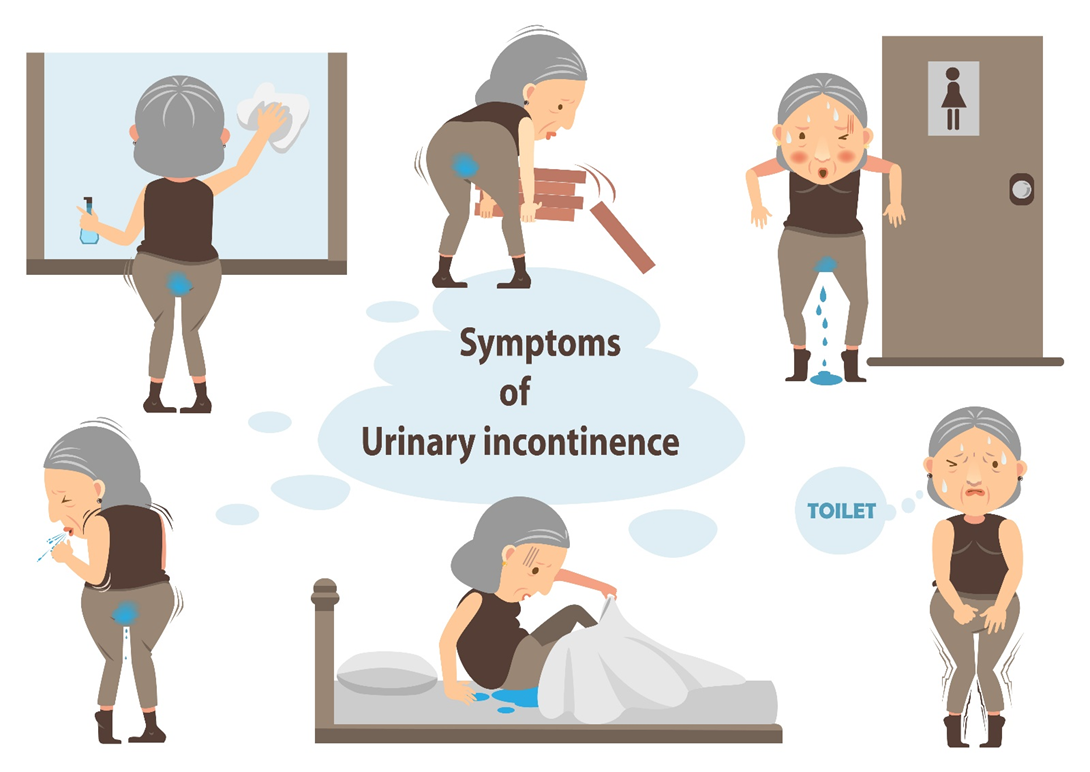A nurse is providing an educational session on vaccines to a group of older adults. The nurse is discussing the zoster vaccine Shingrix. Which of the following information should the nurse include in the education?
It should only be given to individuals who have never had an episode of Herpes Zoster (HZ).
It is recommended for all individuals over age 50 that have no contraindications to the vaccine.
It should not be given to anyone with a chronic cardiac or respiratory condition.
It will always prevent an individual from developing Herpes Zoster.
The Correct Answer is B
Choice A reason: This statement is incorrect because the zoster vaccine Shingrix can be given to individuals who have had a previous episode of Herpes Zoster (HZ), as long as they are not currently experiencing an acute outbreak. The vaccine can help prevent future recurrences of HZ, as well as reduce the risk of postherpetic neuralgia, a painful complication of HZ.
Choice B reason: This statement is correct because the zoster vaccine Shingrix is recommended for all individuals over age 50 that have no contraindications to the vaccine, such as a history of severe allergic reaction to any component of the vaccine, or a current severe immunodeficiency. The vaccine can help prevent HZ and its complications, which are more common and severe in older adults.
Choice C reason: This statement is incorrect because the zoster vaccine Shingrix can be given to individuals with a chronic cardiac or respiratory condition, as long as they are not immunocompromised. The vaccine is not a live vaccine, so it does not pose a risk of causing or worsening the underlying condition. The vaccine can help protect the individuals from HZ and its complications, which can exacerbate their condition or interfere with their treatment.
Choice D reason: This statement is incorrect because the zoster vaccine Shingrix does not always prevent an individual from developing Herpes Zoster. The vaccine has a high efficacy rate of about 90%, but it is not 100%. The vaccine can reduce the severity and duration of HZ, as well as the risk of postherpetic neuralgia, if it does occur.
Nursing Test Bank
Naxlex Comprehensive Predictor Exams
Related Questions
Correct Answer is ["B","C","D"]
Explanation
Choice A reason: Recommending an indwelling urinary catheter is not a good option, as it can increase the risk of urinary tract infections, bladder spasms, and catheter-associated complications.
Choice B reason: Prompted voiding is a technique that involves reminding or prompting the client to void at regular intervals, usually every two to four hours. It can help reduce the frequency and severity of urinary incontinence episodes.
Choice C reason: Scheduled voiding is a technique that involves setting a fixed schedule for the client to void, regardless of their urge or need. It can help prevent bladder overdistension and leakage.
Choice D reason: Pelvic floor muscle exercises, also known as Kegel exercises, are exercises that involve contracting and relaxing the muscles that support the bladder, urethra, and other pelvic organs. They can help strengthen the pelvic floor muscles and improve bladder control.
Choice E reason: None of the above is not a correct answer, as there are three choices that are appropriate for helping the client with urinary incontinence.

Correct Answer is B
Explanation
Choice A reason: Empowering older adults to manage chronic illness is a way of promoting self-care and autonomy, but it is not a specific example of leadership in the care of older people.
Choice B reason: Coordinating members of the health care team is a way of demonstrating leadership in the care of older people, as it involves communication, collaboration, and delegation of tasks among different professionals and disciplines.
Choice C reason: Facilitating access to elder care programs is a way of providing resources and support for older people, but it is not a direct example of leadership in the care of older people.
Choice D reason: Assessing older adults effectively is a way of ensuring quality and safety in the care of older people, but it is not a unique example of leadership in the care of older people.
Whether you are a student looking to ace your exams or a practicing nurse seeking to enhance your expertise , our nursing education contents will empower you with the confidence and competence to make a difference in the lives of patients and become a respected leader in the healthcare field.
Visit Naxlex, invest in your future and unlock endless possibilities with our unparalleled nursing education contents today
Report Wrong Answer on the Current Question
Do you disagree with the answer? If yes, what is your expected answer? Explain.
Kindly be descriptive with the issue you are facing.
